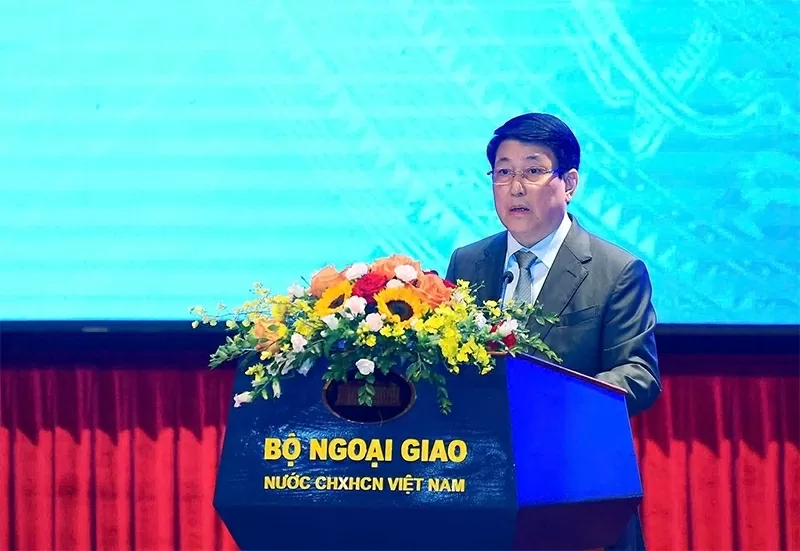 |
| President Luong Cuong gave a speech at the workshop. |
Deputy Prime Minister and Minister of Foreign Affairs Bui Thanh Son chaired and delivered the opening speech at the Workshop.
The conference took place in both in-person and online formats, with the participation of 500 domestic and international delegates, including leaders and former leaders of the Ministry of Foreign Affairs, Ambassadors, representatives of foreign diplomatic agencies in Hanoi, representatives of leaders of ministries, departments, branches, localities, along with many historical witnesses, scholars, domestic researchers and international friends.
Speaking at the workshop, President Luong Cuong affirmed that "every country and nation in the world, whether big or small, has gone through turning points, historical crossroads that determine its own destiny and development path. For Vietnam, the historic victory of April 30, 1975, liberating the South and unifying the country was such a momentous event. From here, Vietnam was completely unified, the country was reunited; the Vietnamese people entered a new era, the era of national independence and socialism. After half a century, the historical significance and profound lessons from the victory of April 30, 1975 for Vietnamese diplomacy in creating peace, protecting and building the beloved Fatherland are still intact in value, bearing both national and contemporary characteristics.
The President recalled the fierce intellectual battles at the Geneva Conference in 1954 and the Paris Conference in 1973 between Vietnamese politicians and diplomats, such as Pham Van Dong, Le Duc Tho, Nguyen Thi Binh, Nguyen Duy Trinh, Xuan Thuy, etc., which have gone down in history, affirming Vietnam's mettle and intelligence on the international stage, making even the opponents admire. Diplomacy has made an important contribution to the reconstruction of the country, successfully implementing the foreign policy of the Doi Moi period, opening up a favorable foreign situation for building and defending the Fatherland.
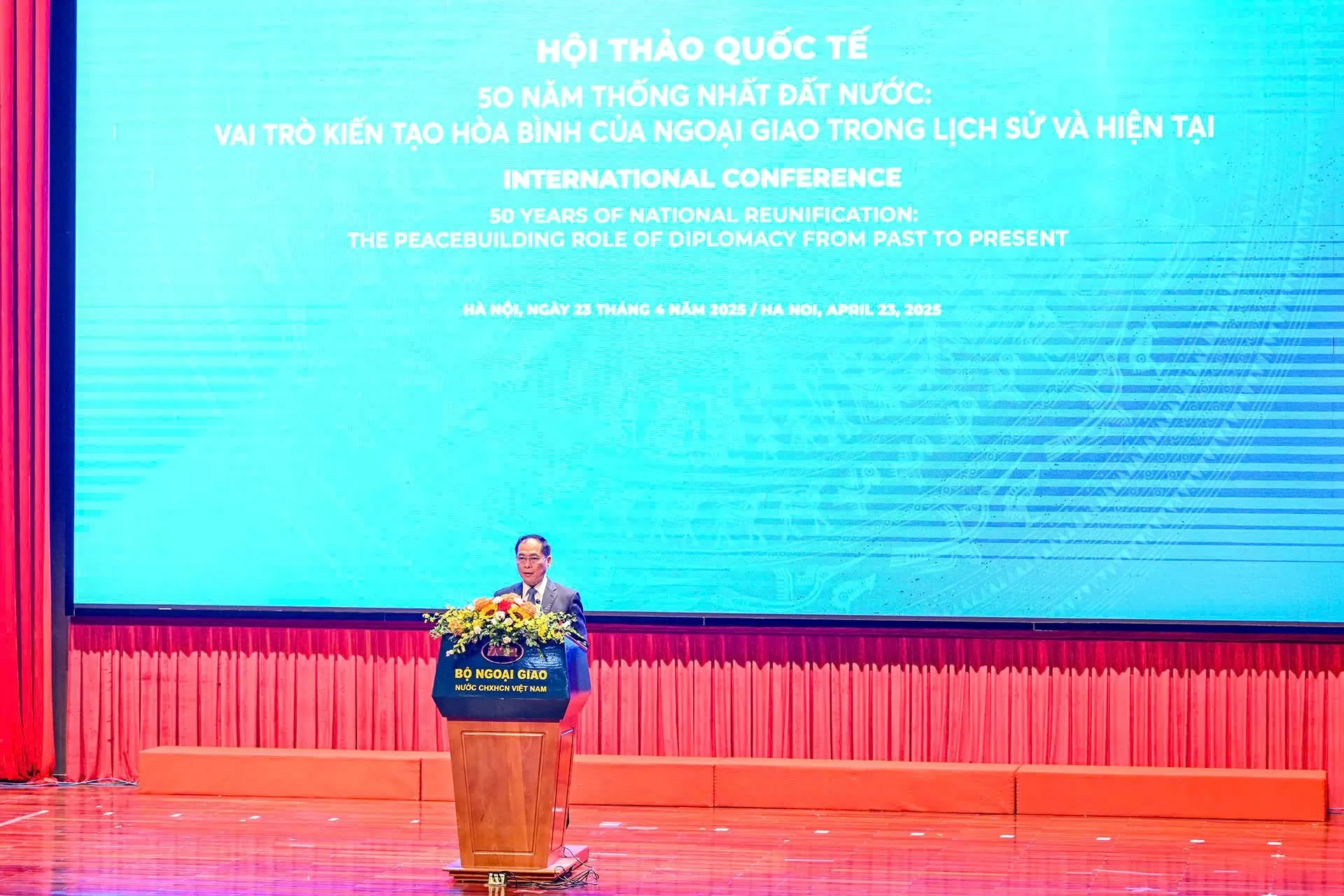 |
| Deputy Prime Minister and Minister of Foreign Affairs Bui Thanh Son spoke, affirming the great and sincere support of countries, organizations and international friends across five continents for Vietnam. |
If in wartime, the primary task of foreign affairs is to contribute to the common struggle of the entire nation, then in peacetime, foreign affairs takes the lead in building peace, protecting the Fatherland "early, from afar", expanding the country's development space and strengthening the close friendship, equal cooperation, and mutual benefit between Vietnam and countries and international partners.
Speaking at the workshop, Deputy Prime Minister and Foreign Minister Bui Thanh Son affirmed that the historic victory of the Ho Chi Minh Campaign ended the long resistance war, completely liberated the South, reunified the country, and opened a new era, the era of "independence - unification - peace and development" for the Vietnamese people. It was a victory of patriotism, of the spirit of great national unity and the burning aspiration of the Vietnamese people as well as peace-loving people around the world.
The Deputy Prime Minister affirmed that in that journey, diplomacy played a very important role. Diplomacy combined with military and political affairs, creating a "both fighting and negotiating" position, mobilizing the nation's combined strength. In which, military and political struggles were the basis for negotiations on the diplomatic front. In turn, diplomatic struggles contributed to the resonance of victories and support for political and military struggles. From the Geneva Conference in 1954 to the Paris Agreement in 1973, the historic agreements at the negotiating table created opportunities to gain independence, end the war, and move towards national unification. Vietnamese diplomacy affirmed the wisdom and mettle of a peace-loving nation and promoted the ideology of peace, tolerance and profound humanity.
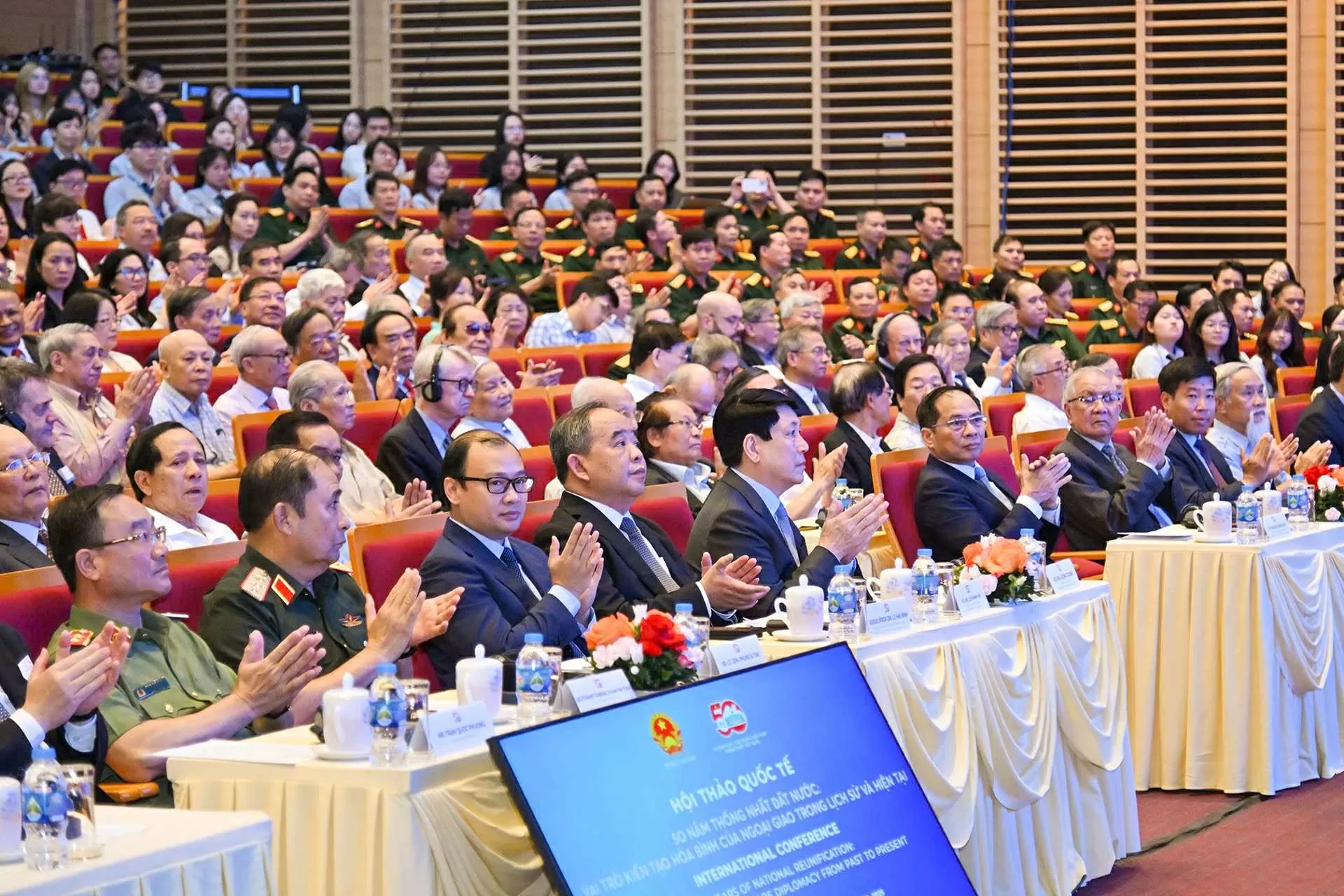 |
| The workshop took place in a combination of in-person and online formats, with the participation of 500 domestic and international delegates. |
The Deputy Prime Minister reiterated that the diplomatic front has taken advantage of the strength of three revolutionary currents, mobilized the support of socialist countries and a broad international front to support the just struggle of the Vietnamese people. The Deputy Prime Minister affirmed the great and sincere support of countries, organizations and international friends from all five continents for Vietnam. Friendly countries such as the Soviet Union, China, Cuba, and people from other countries have given Vietnam valuable material and spiritual assistance. Millions upon millions of people in many countries such as the US, France, India, Sweden, etc. took to the streets to protest the war, demanding peace and justice for Vietnam. Such solidarity, sharing and cooperation are vivid proof of the universal values of peace, independence and freedom, the head of the Foreign Affairs sector emphasized.
The Deputy Prime Minister and Minister affirmed that, with a spirit of peace and profound humanity, even during the war, Vietnamese diplomacy has continuously expanded foreign relations, while laying the first bricks for the process of reconciliation and healing with countries that fought in Vietnam. Inheriting President Ho Chi Minh's "peaceful" diplomatic ideology, Vietnam always expressed its desire to build friendly and cooperative relations with warring countries, including the US, and was ready to "roll out the red carpet" for the US to withdraw its troops. At the same time, it actively promoted the establishment of diplomatic relations with many developed capitalist countries, including Japan, the UK, France, Italy, Canada, Belgium, the Netherlands, Australia, etc.
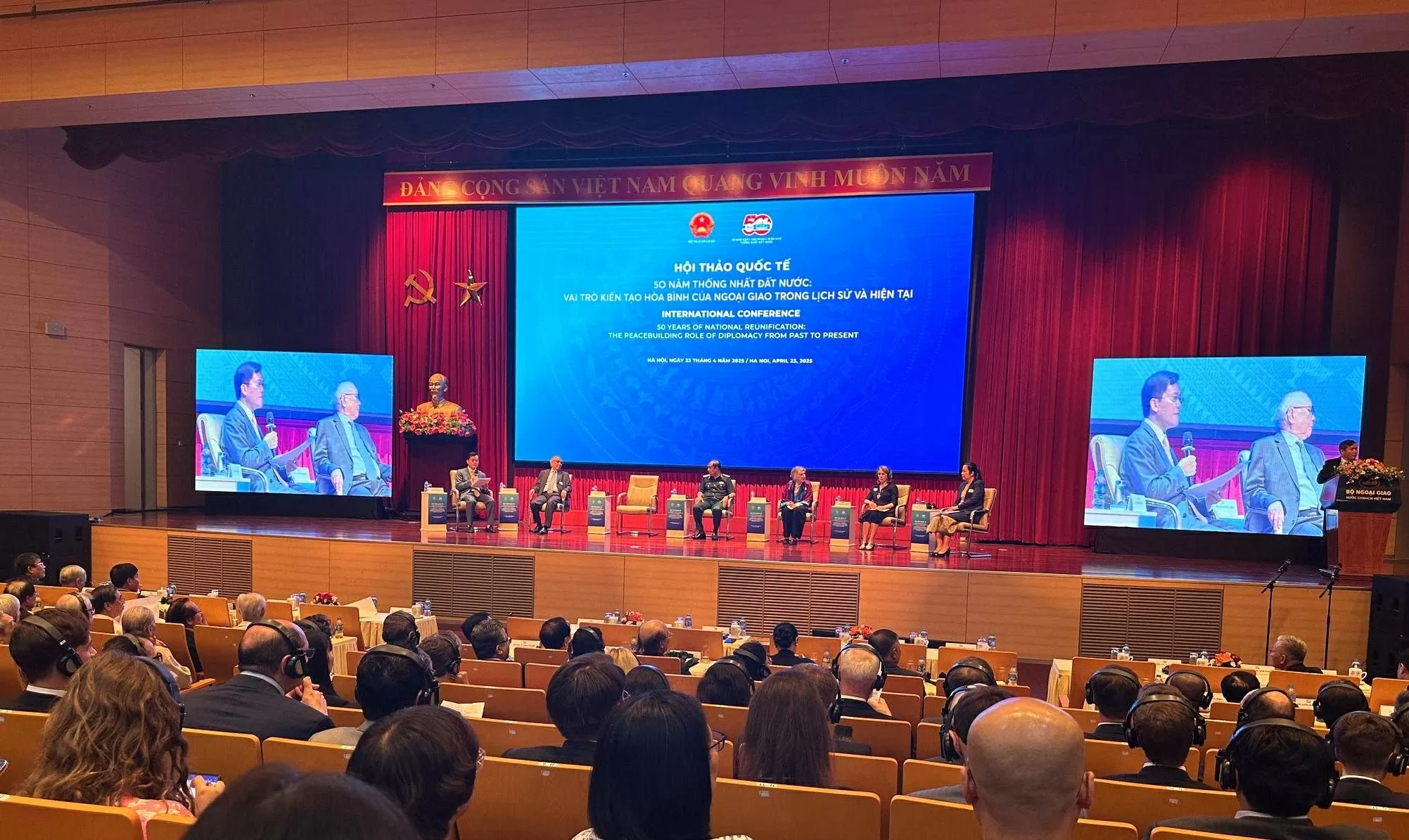 |
| Vietnamese and international scholars and historical witnesses participated in the discussion session at the Workshop. |
According to Deputy Prime Minister Bui Thanh Son, today, in the face of the great changes of the times, Vietnamese diplomacy is undergoing fundamental reforms, entering a new era, an era of national growth. The country's new position and strength allow Vietnam to have a new approach as shown in Resolution 59 of the Politburo on international integration in the new situation: From the position of a receiving country to a contributing country, from a country following behind to a rising country, with the ability and conditions to participate more deeply and responsibly in solving common problems of the world. From the lessons learned in the struggle for national reunification, Vietnam will actively participate in building and protecting a fair and equal international order based on international law, enhancing Vietnam's contribution to ensuring security and creating peace in the world.
Celebrating the 50th anniversary of national reunification, let us look back on the past with deep pride, and join hands to look forward to the future. With a sense of responsibility, innovation and integration, Vietnamese diplomacy, with 80 years of glorious tradition, will continue to promote its pioneering role in building and defending the Fatherland, in connecting Vietnam with the world, and in the common efforts for peace, cooperation and development of humanity, the Deputy Prime Minister and Minister of Foreign Affairs emphasized.
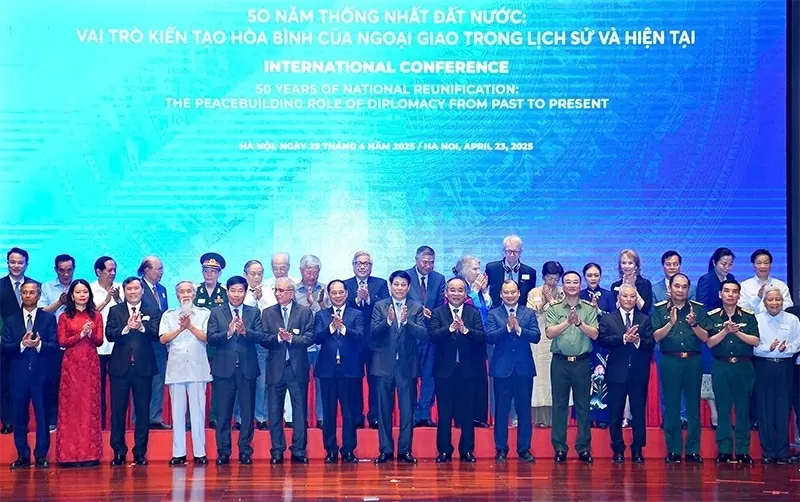 |
| The workshop aimed to review the contributions of the Diplomatic sector in the resistance war against the US to save the country, and was an event that practically contributed to the 50th anniversary of the Liberation of the South and National Reunification. |
The international conference “50 years of national reunification: The role of diplomacy in peacemaking in history and at present” includes two sessions: Vietnamese diplomacy and the historic victory of April 30, 1975 and the role of diplomacy in promoting dialogue, resolving disputes, and building peace in the current situation. Each discussion session has the participation of scholars and historical witnesses from Vietnam and internationally.
The workshop aimed to review the contributions of the Diplomatic sector in the resistance war against the US to save the country, an event that practically contributed to the celebration of the 50th anniversary of the Liberation of the South and National Reunification, joining the jubilant atmosphere of the whole country celebrating the brilliant milestone in the history of the nation. The workshop was also an opportunity to express gratitude to international friends, historical witnesses who contributed to the diplomatic struggle in the resistance war against the US to save the country, as well as the process of building and developing the country.
Source: https://baoquocte.vn/ngoai-giao-va-vai-tro-kien-tao-hoa-binh-trong-lich-su-va-hien-tai-312046.html



![[Photo] National Assembly Chairman Tran Thanh Man chairs the meeting of the Subcommittee on Documents of the First National Assembly Party Congress](https://vphoto.vietnam.vn/thumb/1200x675/vietnam/resource/IMAGE/2025/5/8/72b19a73d94a4affab411fd8c87f4f8d)
![[Photo] Prime Minister Pham Minh Chinh meets with the Policy Advisory Council on Private Economic Development](https://vphoto.vietnam.vn/thumb/1200x675/vietnam/resource/IMAGE/2025/5/8/387da60b85cc489ab2aed8442fc3b14a)
![[Photo] General Secretary concludes visit to Azerbaijan, departs for visit to Russian Federation](https://vphoto.vietnam.vn/thumb/1200x675/vietnam/resource/IMAGE/2025/5/8/7a135ad280314b66917ad278ce0e26fa)
![[Photo] President Luong Cuong presents the decision to appoint Deputy Head of the Office of the President](https://vphoto.vietnam.vn/thumb/1200x675/vietnam/resource/IMAGE/2025/5/8/501f8ee192f3476ab9f7579c57b423ad)
![[Photo] General Secretary To Lam begins official visit to Russia and attends the 80th Anniversary of Victory over Fascism](https://vphoto.vietnam.vn/thumb/1200x675/vietnam/resource/IMAGE/2025/5/8/5d2566d7f67d4a1e9b88bc677831ec9d)
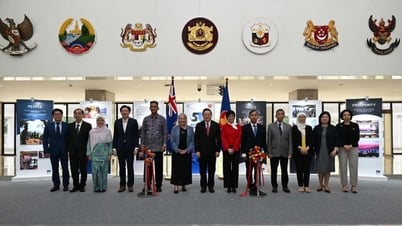
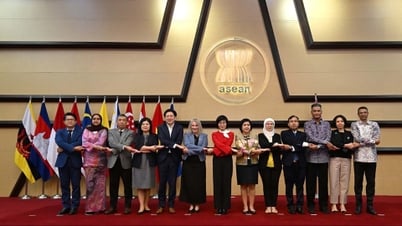
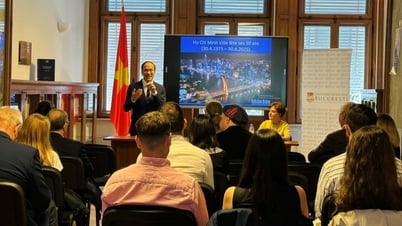
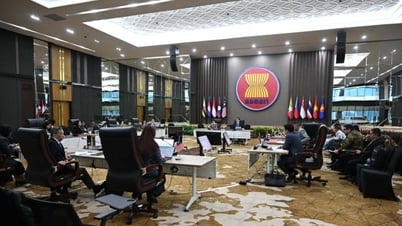
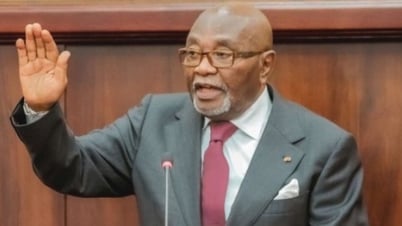
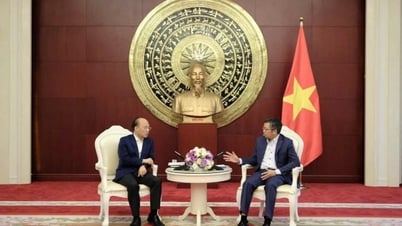





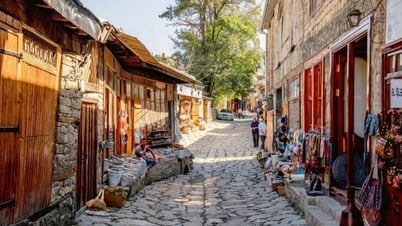
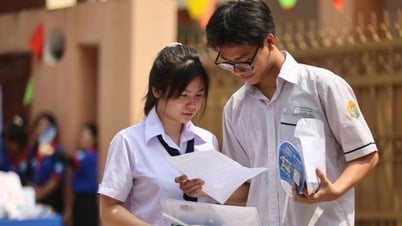
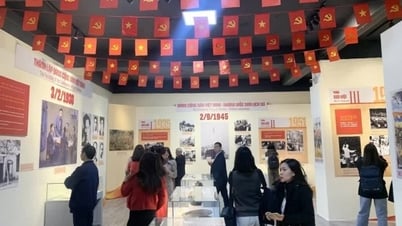
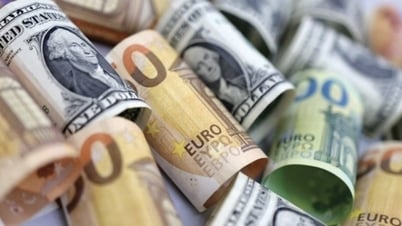
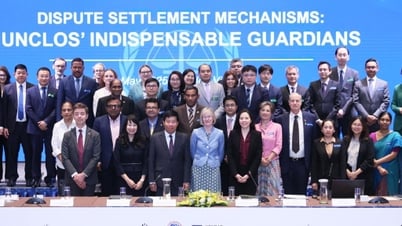

































![[Photo] Prime Minister Pham Minh Chinh talks on the phone with Singaporean Prime Minister Lawrence Wong](https://vphoto.vietnam.vn/thumb/402x226/vietnam/resource/IMAGE/2025/5/8/e2eab082d9bc4fc4a360b28fa0ab94de)

















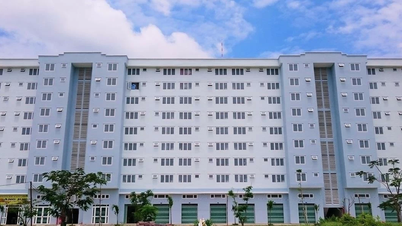












Comment (0)